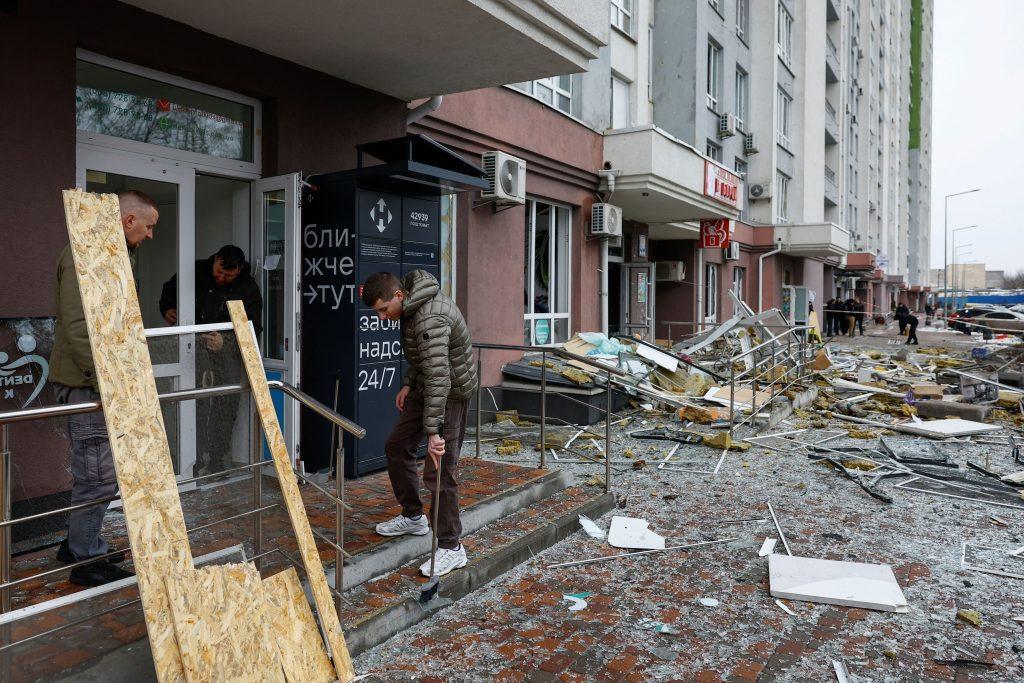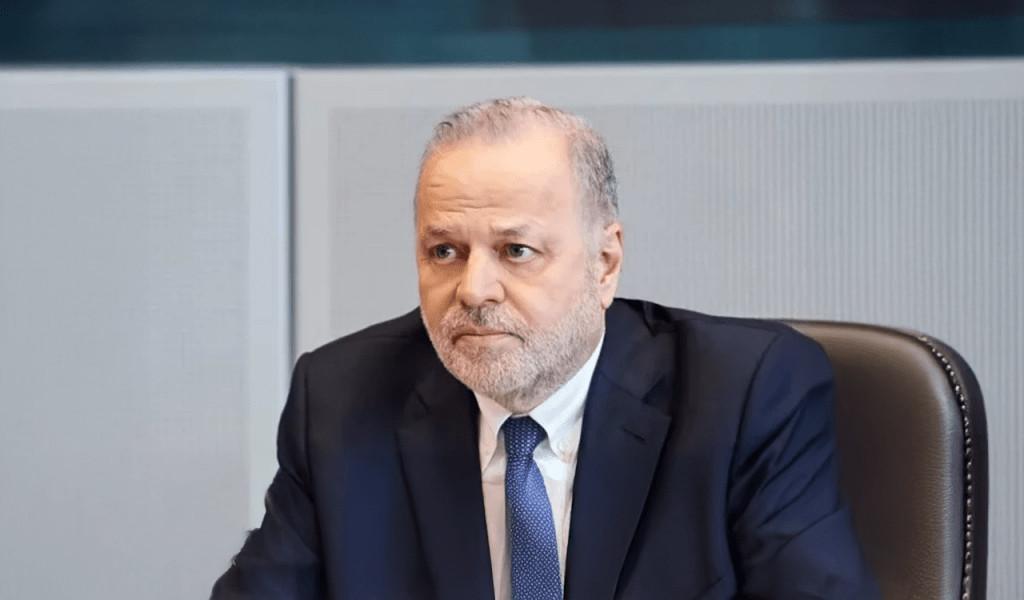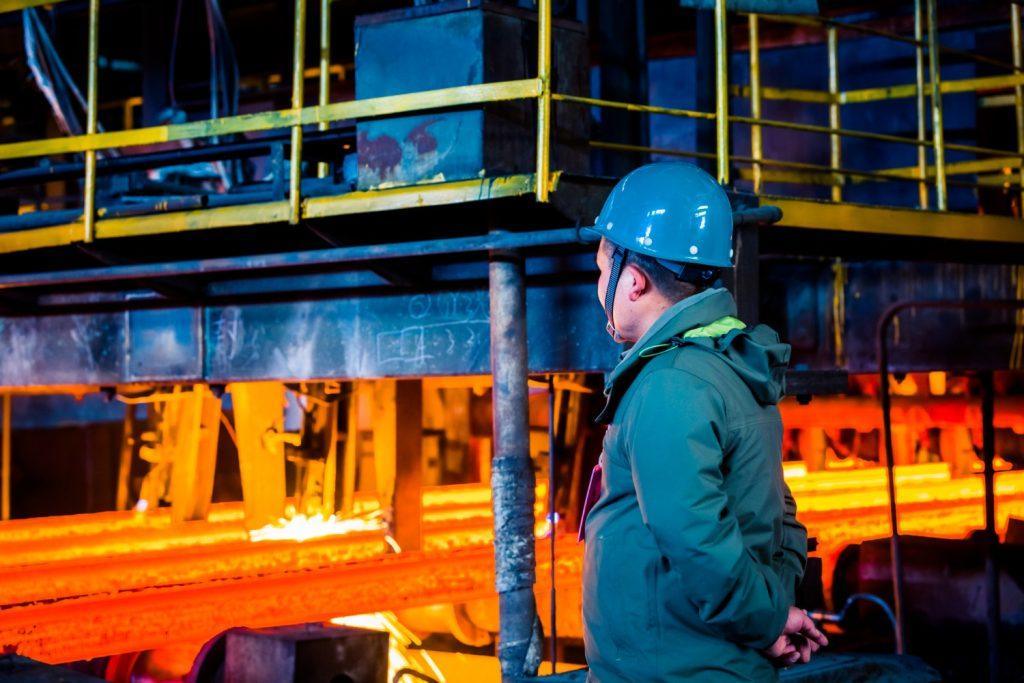Greece is aspiring to become a technological hub of South-Eastern Europe, attracting international giants, while investing in the “tech world” with an eye on the future.
In 2020, Microsoft announced plans to build three data centers outside Athens, doubling the number of local employees to just over 300 for now. In Thessaloniki, the country’s second largest city, Cisco has created an international center for innovation and digital skills development, and Pfizer is creating a network of research hubs focused on artificial intelligence. This fall, Google announced it will begin building a cloud hub near Athens that it claims will boost the country’s economic output by more than 2 billion euros and create 19,400 new jobs by 2030. government has also “thrown” money into the sector. In the coming years, it plans to develop innovation districts in Athens and Thessaloniki that will house large companies, academic institutions and start-ups.
Enticing generous tax incentives
Beyond the Mediterranean nation’s obvious allure and easy access to Africa and the Middle East, global tech players have also been lured by generous tax incentives and an abundance of renewable energy. Although the numbers remain relatively low – just over €330 million in 2021 – foreign direct investment in Greece’s information and communications technology sector has more than tripled in the past two years and now represents around 3% of the country’s total GDP.
In a recent speech at the opening of a new data center managed by the cloud company, Digital Realty, Prime Minister Kyriakos Mitsotakis announced his ambition for technology to contribute 10% to the country’s economic output over the next five years.
Epaminondas’ opportunity
When Epaminondas Gerolimatos got his degree in economics in 2003, he assumed, like many other Greeks, that a career in banking would mean long-term job security. The financial crisis of 2010 and its decade-long effects shook the industry, turned Gerolimatos towards a sector that is shaping up to be one of Greece’s most important: technology.
After registering as unemployed, Gerolimatos was offered a place in a free certification program run by Microsoft in May. A month later, he was one of 25 out of 150 to pass his course, which is part of an effort to train 100,000 aspiring IT professionals by the end of 2025. Three months later and another Microsoft certification program, Gerolimatos “weighed” job offers, eventually becoming a security engineer at a global accounting firm.
As tech companies make big investments in Greece, Gerolimatos’ story may soon become commonplace.
The Return of Christina
“About 20% of the new hires are people who lived and worked abroad,” said Theodosis Michalopoulos, Microsoft’s general manager for Greece, Cyprus and Malta.
One of the returnees is Christina Leimoni, who left a management-level position in the UK to become Microsoft’s Chief Operating Officer for Greece, Cyprus and Malta. Before taking this position, Leimoni had not considered returning to her home country, in part because she belongs to the LGBTI community, she thought that she, her wife and daughter “wouldn’t be considered family.” Finally, she returned and as she says “there is an amazing dynamic in the country”.
High ambitions
Of course, in Greece, the capital Athens is not the only city that aspires to become a technological hub. Lisbon has been trying for years, with limited success. But with Greece now on solid political and economic footing, major tech companies say investing in it is not a difficult decision. The country has accelerated its digital transformation in recent years, has a well-educated population whose salary expectations are an opportunity for international employers, and is known for its stunning natural beauty and quality of life.
A few days ago a mix of politicians and businessmen gathered at an event space in Athens for the presentation of a new application that was the result of a collaboration between Google, the Ministry of Tourism and the city. The goal, as everyone unanimously stated, is to turn the Greek capital into “an open air technology museum”.









































